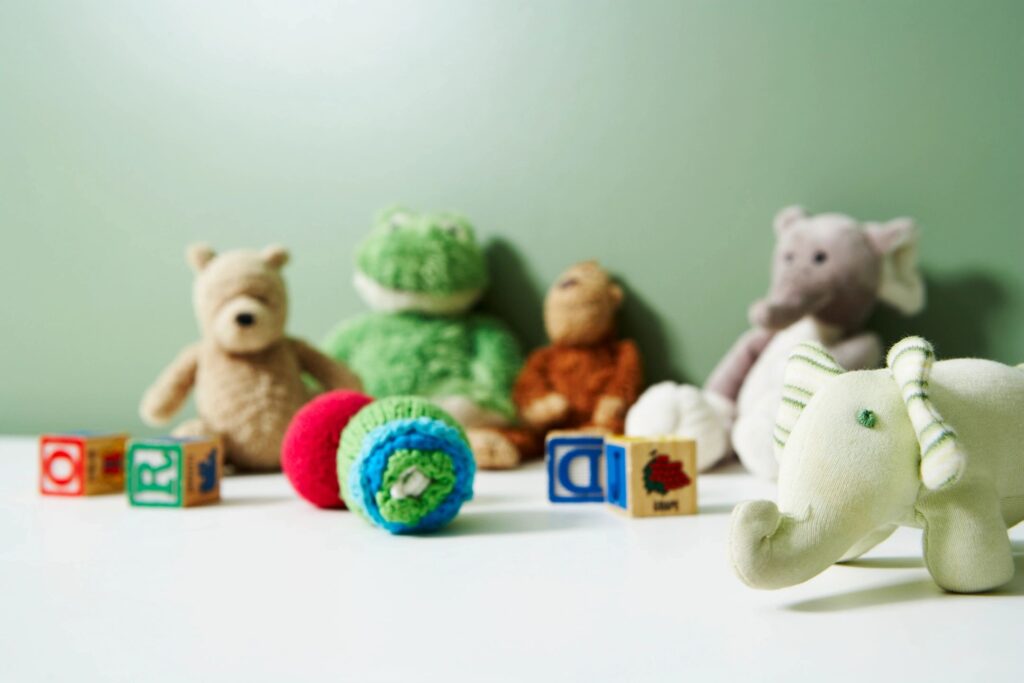
Screens today are an integral part of our children’s lives, offering entertainment, education, and connection. Many children get computers in kindergarten. Lots of parents choose to get cell phones for elementary-age children to monitor location and safety. Kids today are “digital natives,” meaning they are born into a time of technology. Screens are all around us and it’s hard to know how much screen time is too much and how it can impact our children. Let’s explore the impacts of screens on children’s development and review some practical guidelines for fostering healthy technology use at home.









